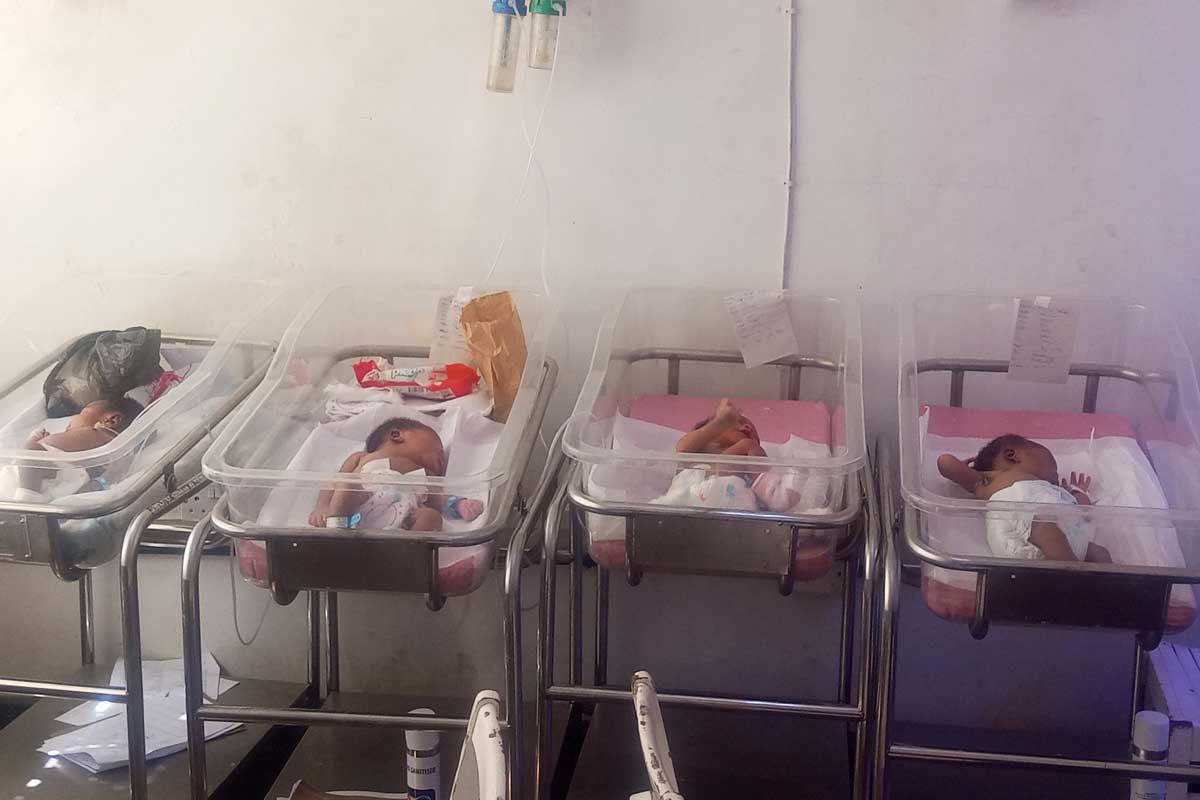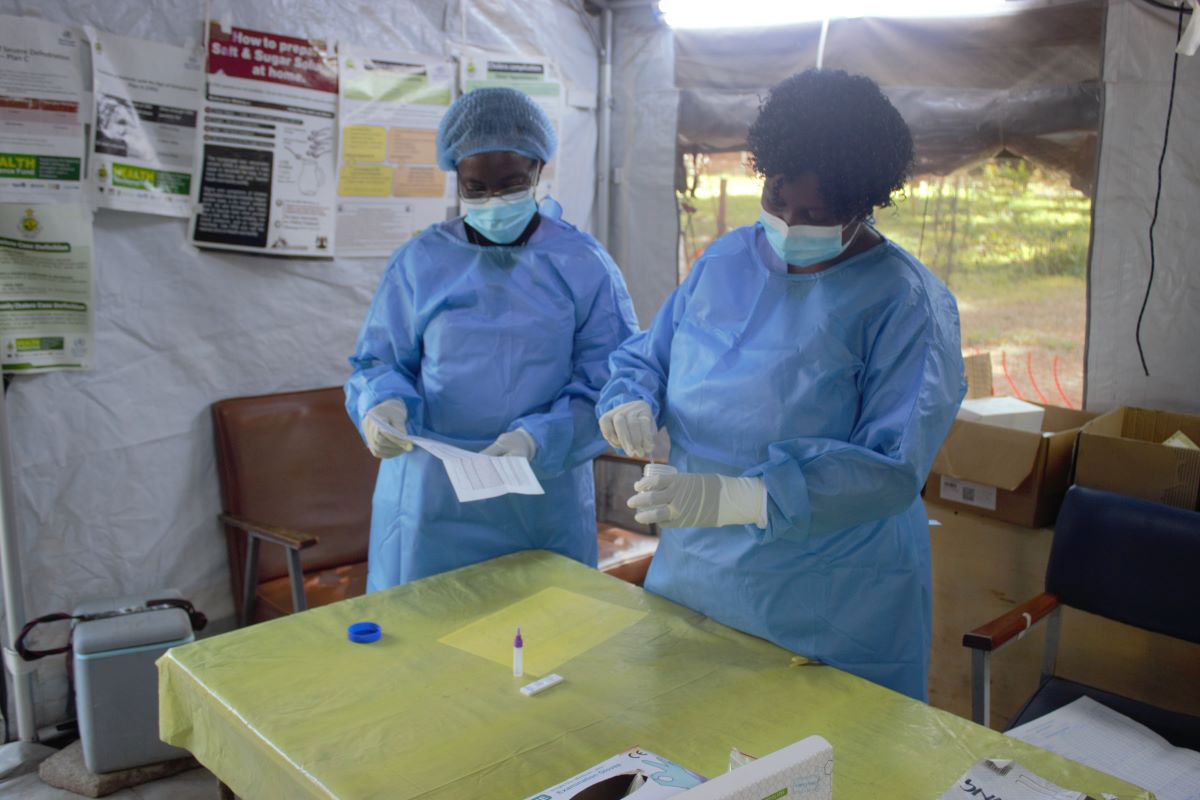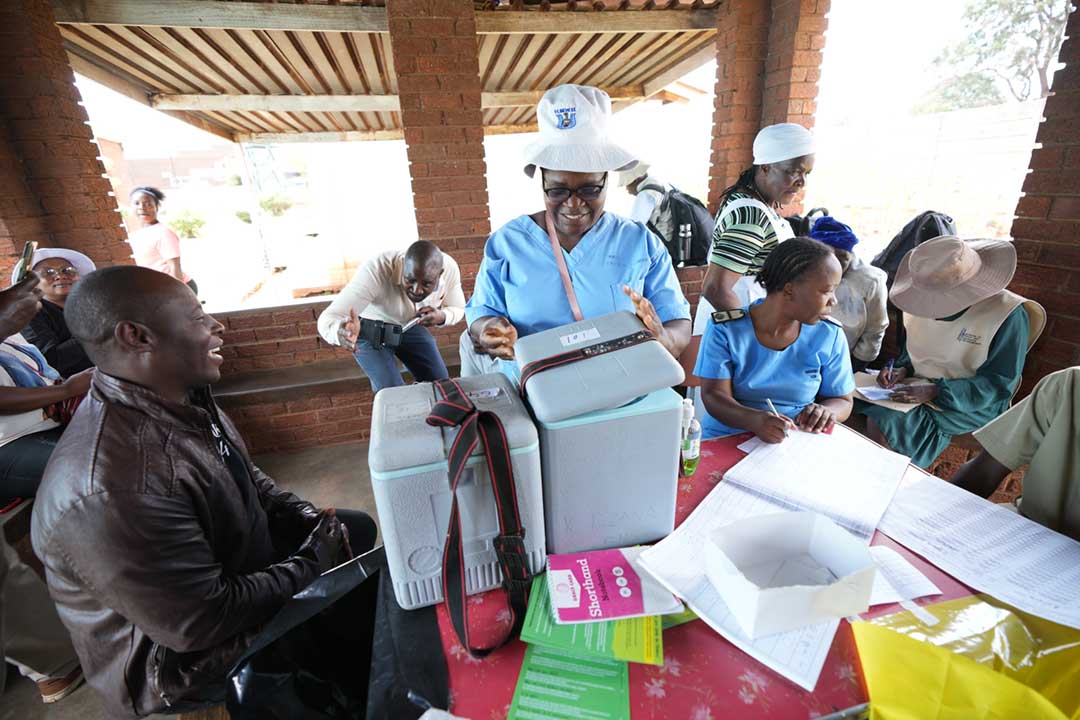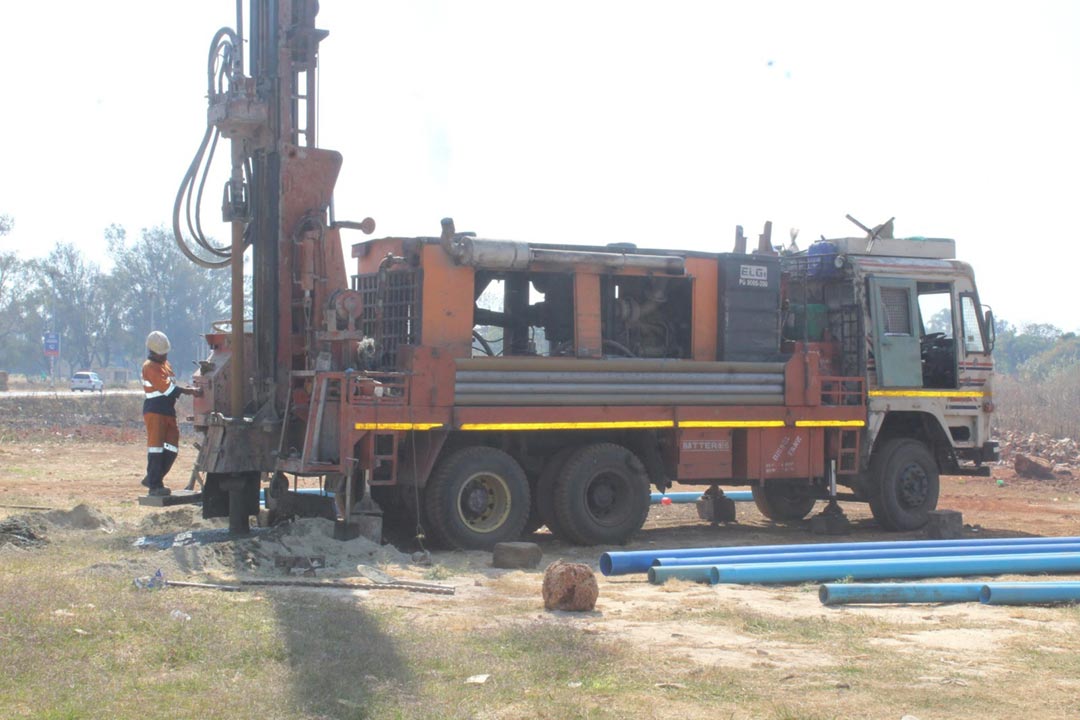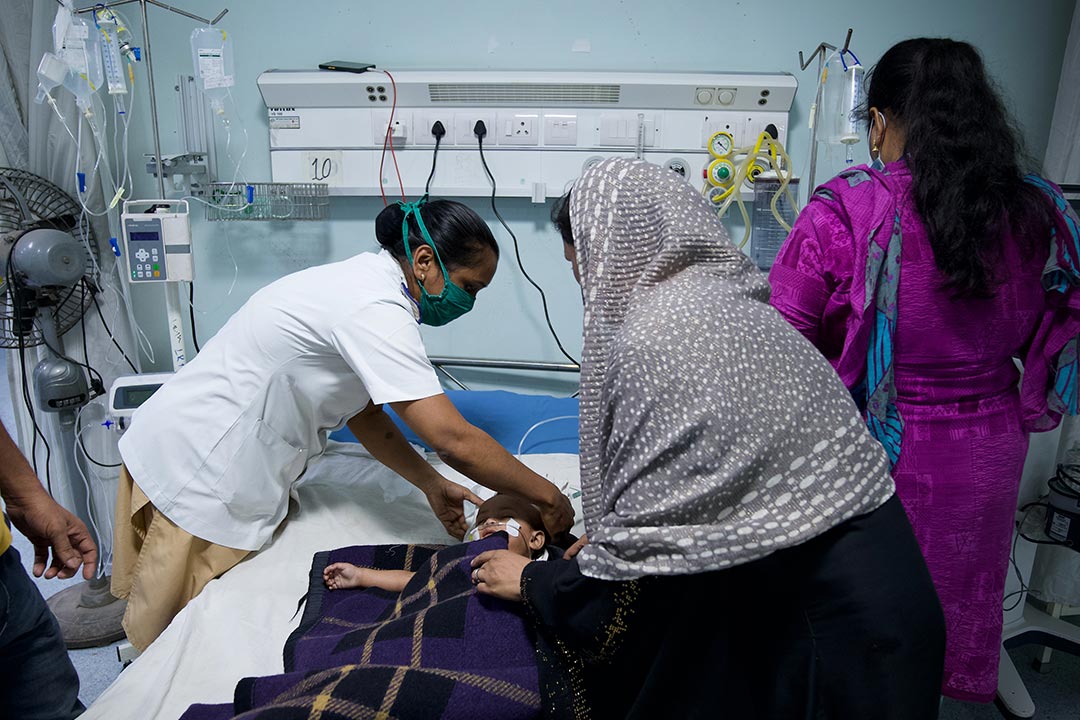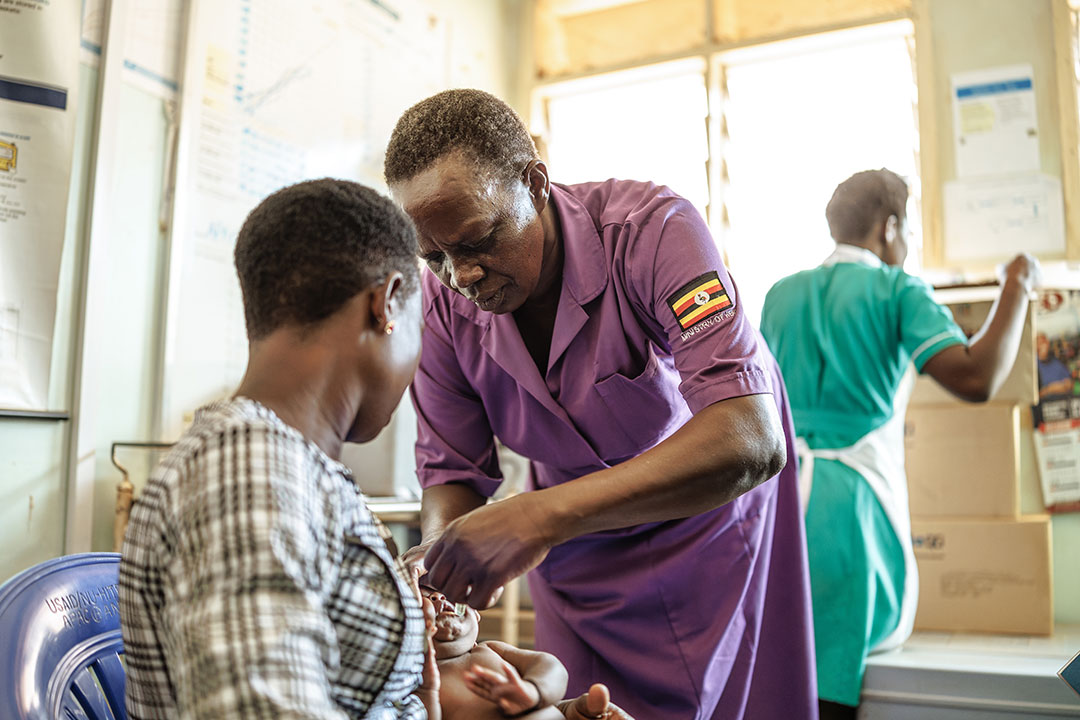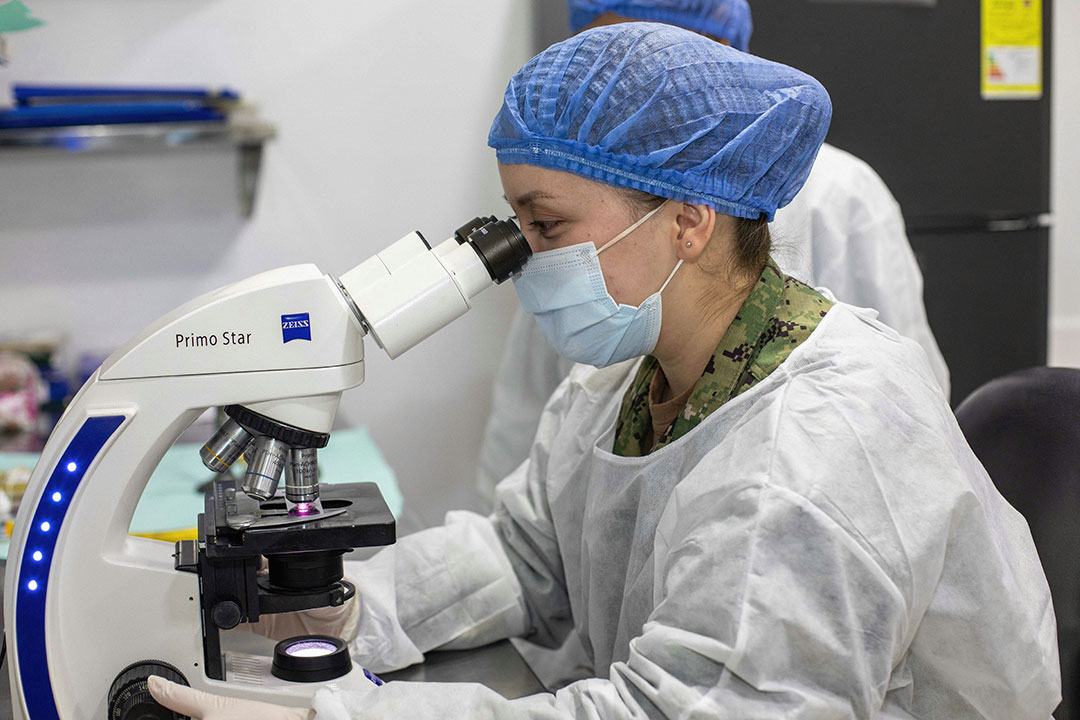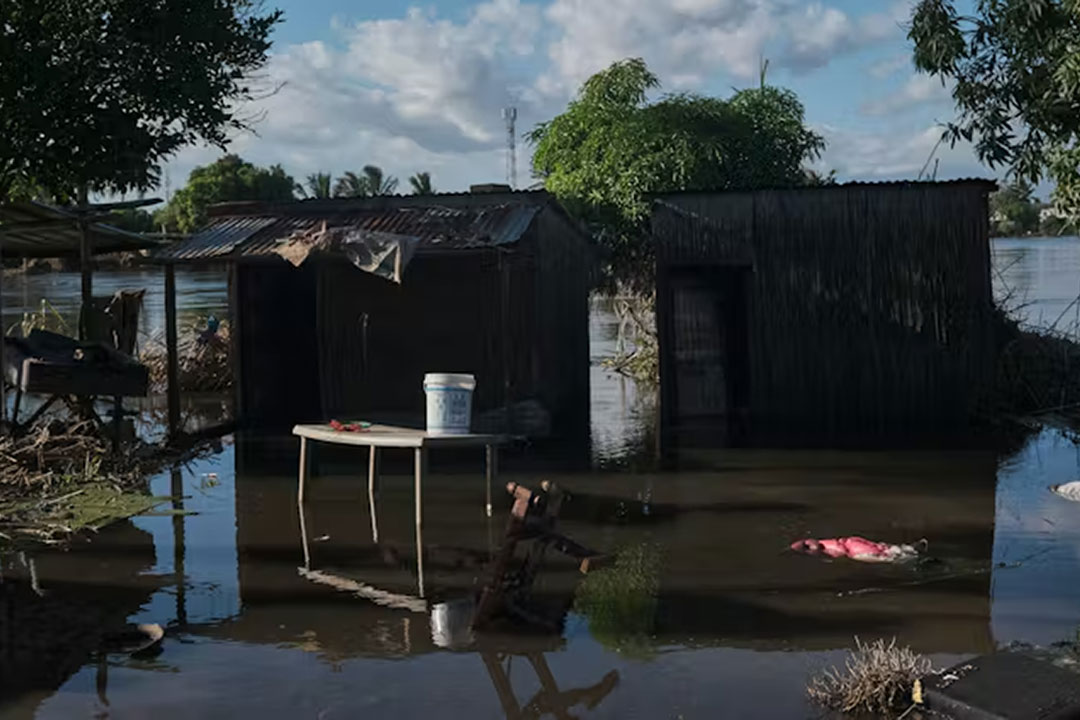The vaccine taxi: Going mobile in Zimbabwe
Distance and fear of the pandemic has put many parents off from taking their children to health clinics in Zimbabwe. So one converted taxi is taking the clinic to them.
- 2 September 2021
- 3 min read
- by Elia Ntali
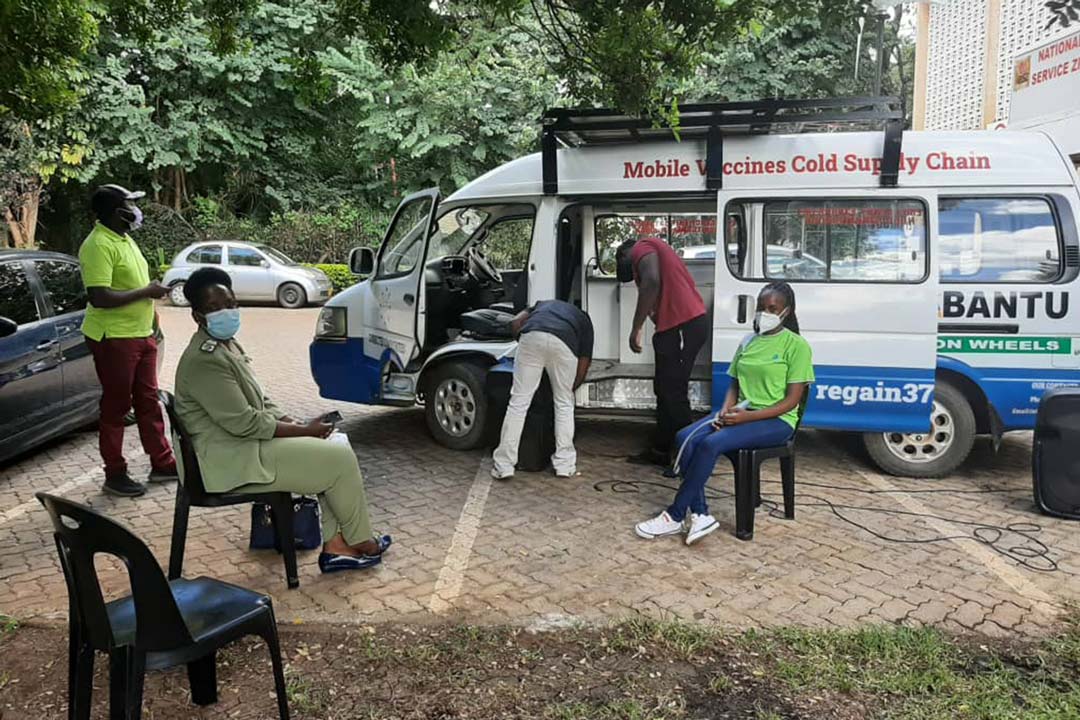
Equipped with a hospital bed, refrigerator, and tables for consultations, a taxi has been converted into a mobile clinic in Zimbabwe’s Goromonzi district, 40 kilometres east of the capital, Harare.
Using a wind turbine and solar panels to maintain the vaccine cold chain, the mobile clinic – formally named as ‘ZimbosAbantu Healthcare On Wheels’ – has managed to provide healthcare services to communities with otherwise limited access.
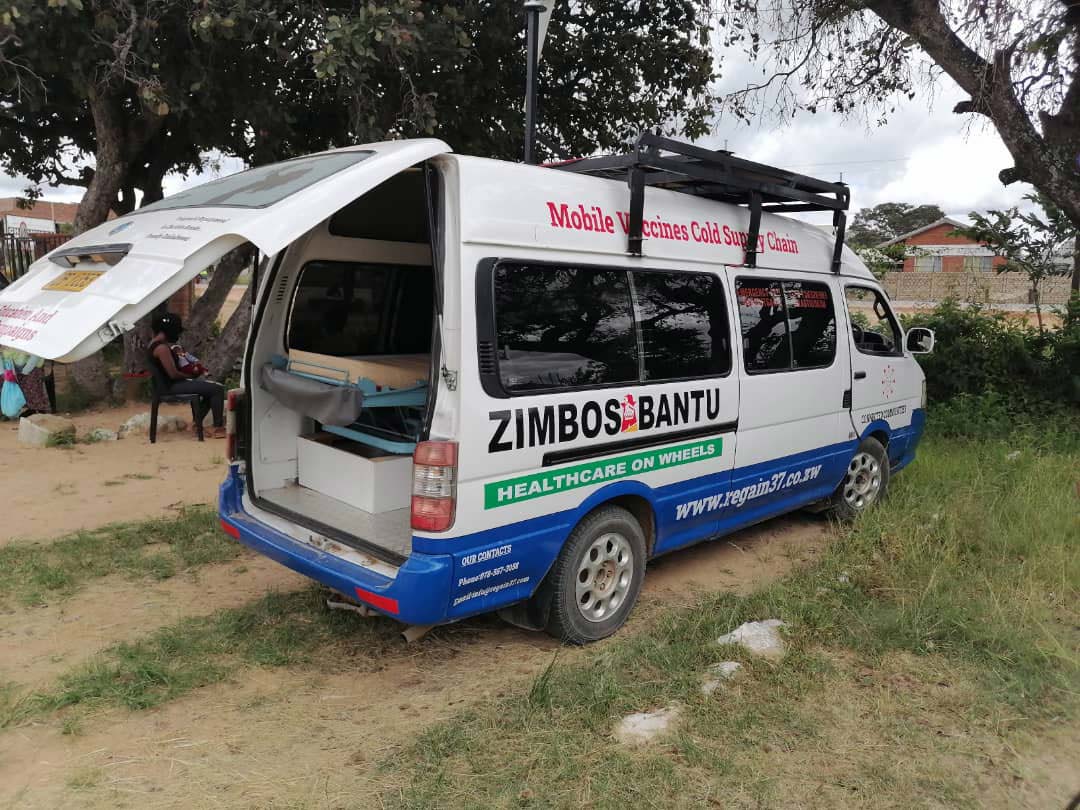
The mobile clinic is run by health professionals – a medical doctor and two nurses. It has a wind turbine and solar panels generating a total of 1000 watts of renewable energy that powers the 190-litre vaccine freezer.
“It was difficult for us to take children to nearby health centres because of the distance,” says Irene Maruza, a villager from Goromonzi. “We had to travel a distance of seven kilometres to access the nearest clinic. However the mobile clinic has brought relief. We are now assured of continued services - especially with child immunisations.”
Morris Mubayiwa, a traditional leader from Domboshava, a rural area in Goromonzi District, says that the mobile clinic helped the community during a critical time.
“At the peak of the pandemic, we had fears of disease outbreaks among children due to the lack of clinic visits. Most mothers were worried and therefore not taking their children for routine immunisation. The mobile clinic has put their fears to rest,” Mubayiwa explains.
Have you read?
Kudakwashe Andrew Manjonjo, monitoring and evaluation officer for the mobile clinic, says that it started operating as COVID-19 spiked in 2020.
“We basically had a moment, around November last year, where we realised that, because of the COVID-19 situation, a lot of people in Zimbabwe do not have access to clinics nearby. I would say about 40% of Zimbabweans have to endure long walks of 5 to 10 kilometres. We felt that there was a need for health services that can roam in those areas,” he recalls.

The clinic allowed children to get vaccinated on time and also played a critical role during the national typhoid vaccination campaign in July.
“We are working in areas where people do not have access to health services, so our ability to move in those areas allows children to go to a nearby place like a school to get their immunisation. In addition, we were part of the national typhoid vaccination campaign and we were one of the highest performing teams. We were able to inoculate 6000 children over that ten-day period, at an average of 600 per day. It was a lot of work but it was possible because of our mobility.”
The mobile clinic is run by health professionals – a medical doctor and two nurses. It has a wind turbine and solar panels generating a total of 1000 watts of renewable energy that powers the 190-litre vaccine freezer.
Manjonjo notes, “The clinic has been received in a very positive way over the last six months of operating. We have been able to assist communities that did not have hope of getting such services. We are working under the Makumbe District hospital where they give us programmes to work with. Such programmes include immunisation of children and are marshalled by the hospital.”
